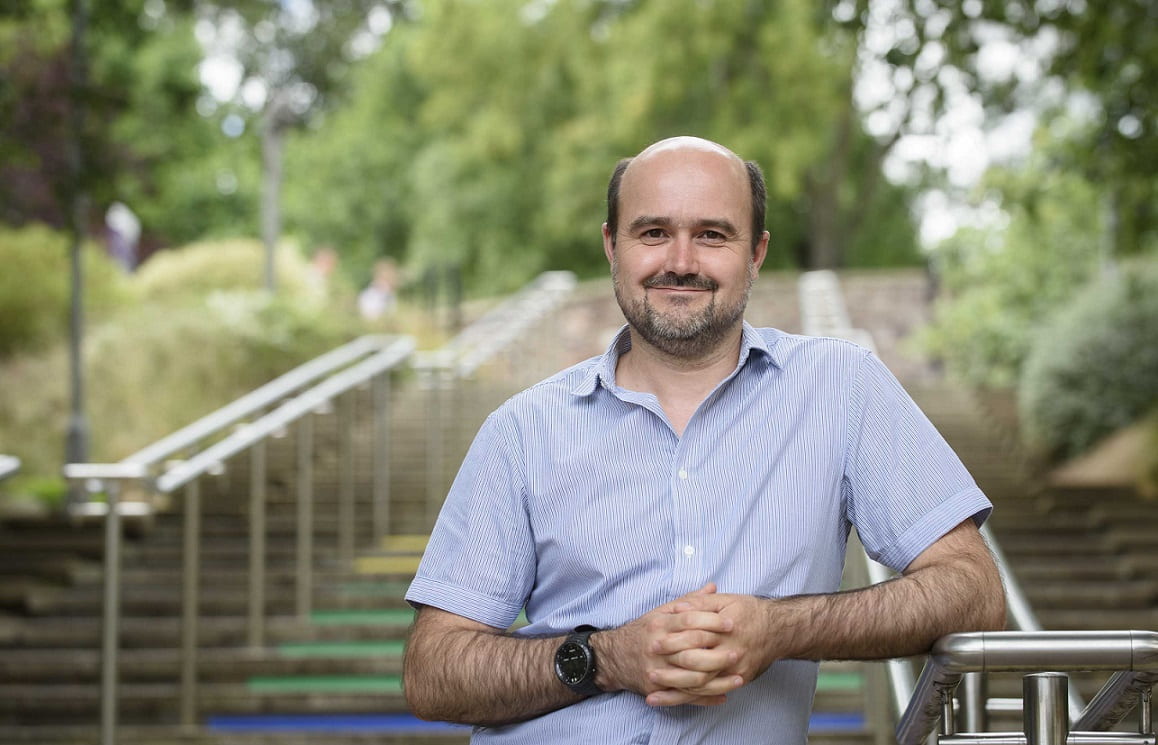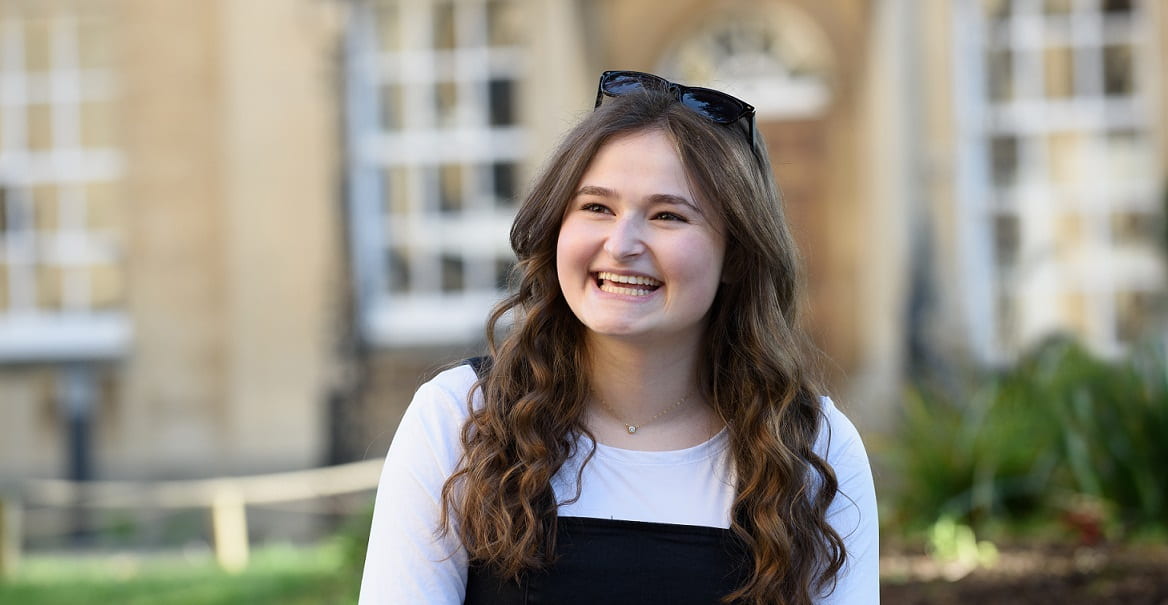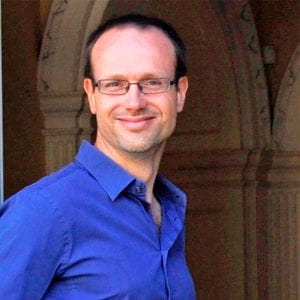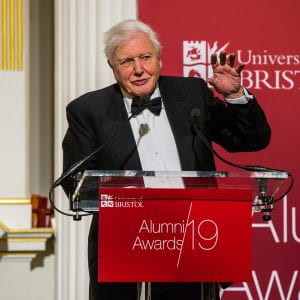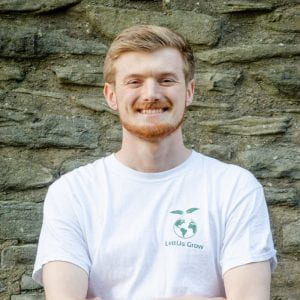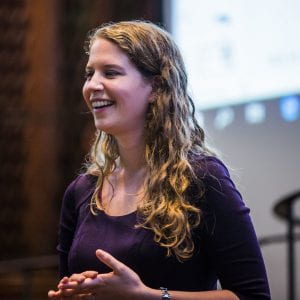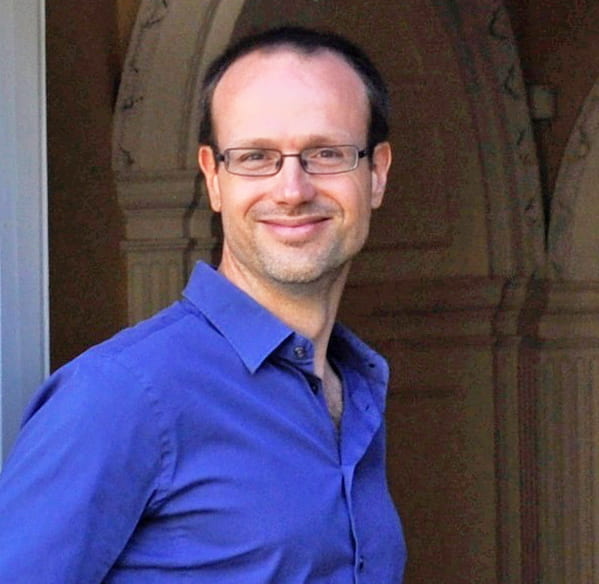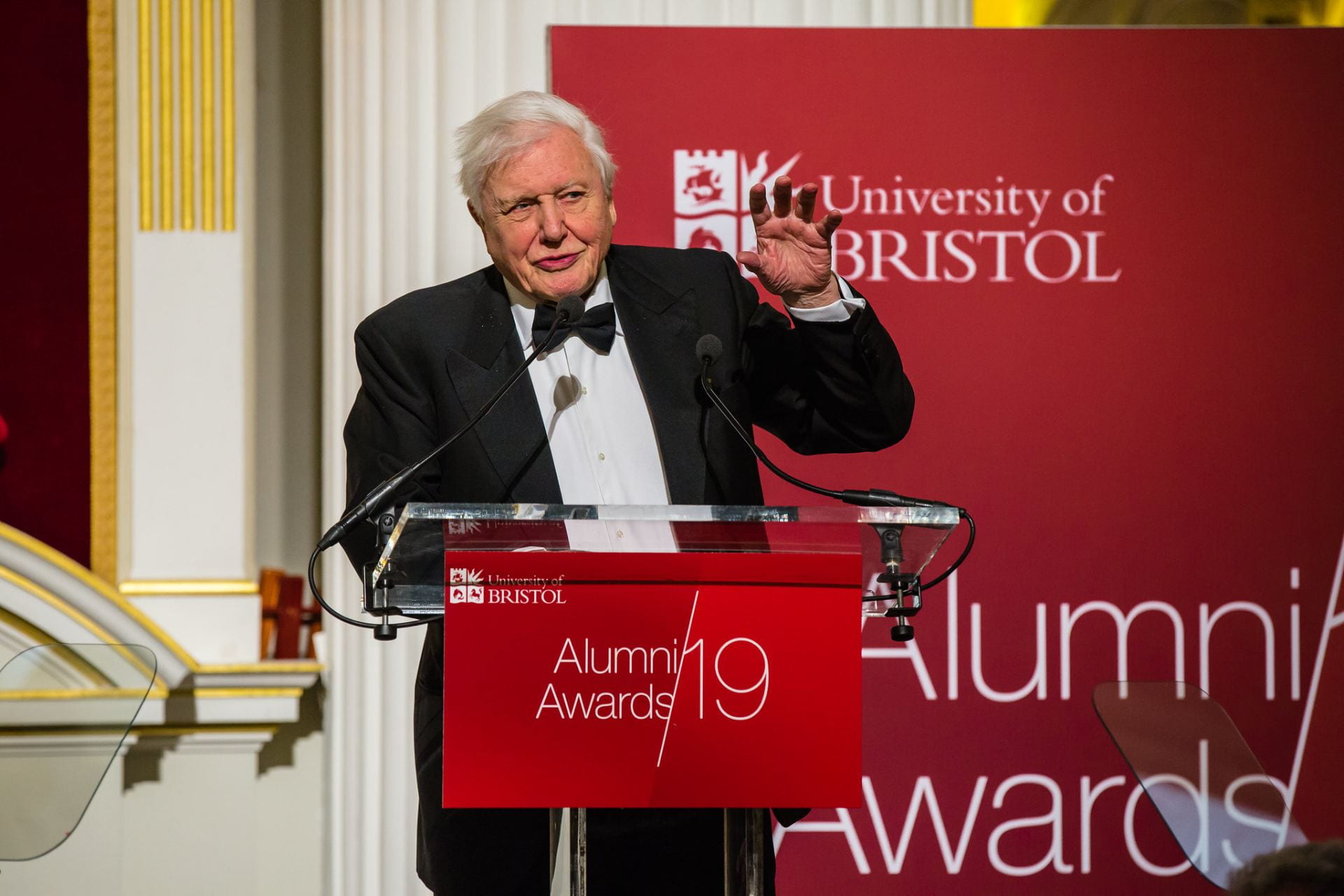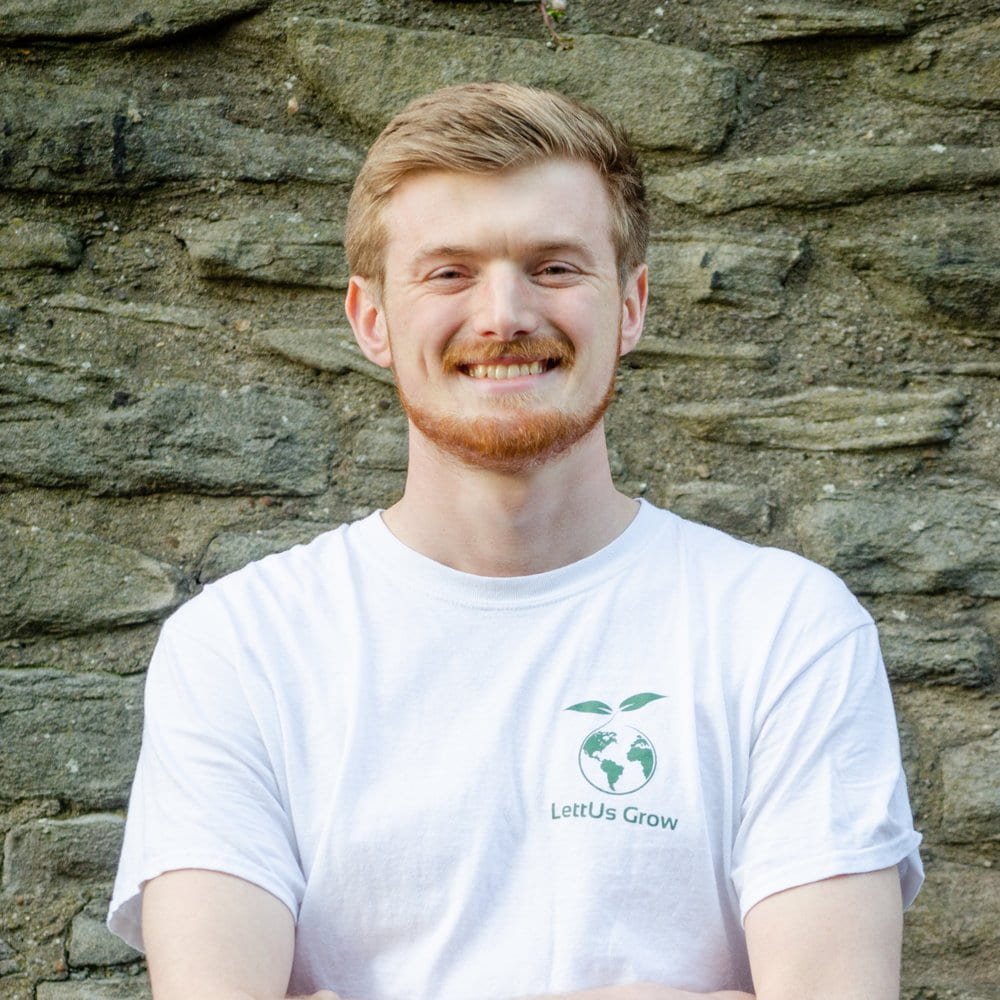 Rebecca Hellen (BA 1994) tells us her reasons for becoming a Bristol mentor.
Rebecca Hellen (BA 1994) tells us her reasons for becoming a Bristol mentor.
I studied Art History and History at the University of Bristol and decided that a career in conservation was a great combination of the practical and academic. I then went on to study Science Chemistry for Conservators, before doing my postgraduate study at the Courtauld Institute of Art. In 2002 I started my role as Paintings Conservator at Tate.
The art world can be quite daunting. I didn’t come from an artistic family and like Hudi, I went to a state school, so I know what it’s like to try and enter a world you have little connection to.
Being a mentor was an opportunity for me to explore a broader and more open kind of coaching style than I’ve done before. It was really interesting working with someone much younger than me. I work a lot with postgraduates who are already committed to a career in conservation, but undergraduates are different – they are at a more influential and critical stage of their professional life.
I really enjoyed working with Hudi. I gave her some advice about talking to senior people and general etiquette, as it’s not something you necessarily learn. There are lots of very bright, relaxed and passionate people in the art world and it was really good to remind someone in Hudi’s position that everyone is human and that we all started out somewhere.
The mentorship was a flexible, easy-going arrangement and it was so satisfying knowing I could make a difference to Hudi’s final year experience. Mentoring is a great way to help make good things happen for the next generation.
Hudi Charin (BA 2019) shares her experience of the Bristol Mentors programme and the impact it has had on her experience since graduating.
I’d never studied History of Art before coming to Bristol so I didn’t really know what to expect. But I read The Story of Art by E. H. Gombrich and suddenly I was hooked. I thought, ‘Oh my gosh, that’s my degree!’
In the summer of my second year I was really worried about applying for jobs and internships. I didn’t really have anyone to speak to about it and most people I knew were studying other subjects. So when Bristol Mentors contacted me it was a real relief. I was stunned and delighted to be partnered with Rebecca Hellen, Paintings Conservator at Tate.
I didn’t know much about conservation before but I do now! On our first meeting, Rebecca showed me around the Edward Burne-Jones exhibition at Tate Britain, which was amazing. She showed me before and after x-rays of the paintings she’d worked on and shared so much knowledge about how the exhibition was put together. It was such a privilege to get that behind-the-scenes insight.
It can be really lonely applying for jobs. Rebecca was an amazing sounding board for any questions I had and she taught me so much about the different roles within the art industry. It also made such a difference to have someone from the art industry look over my CV and job applications. Since meeting Rebecca I’ve secured four internships at galleries in London, while previously I hadn’t managed to get any. I’ve also done a placement with Bristol Museum, I’ve made some really good contacts and I’m thinking about applying for a Master’s which Rebecca has been able to help me with too. This mentorship has made such an enormous difference.
Bristol Mentors is the University of Bristol’s alumni mentoring programme, providing career-focused support for students from under-represented backgrounds by matching them with an alumni mentor.


